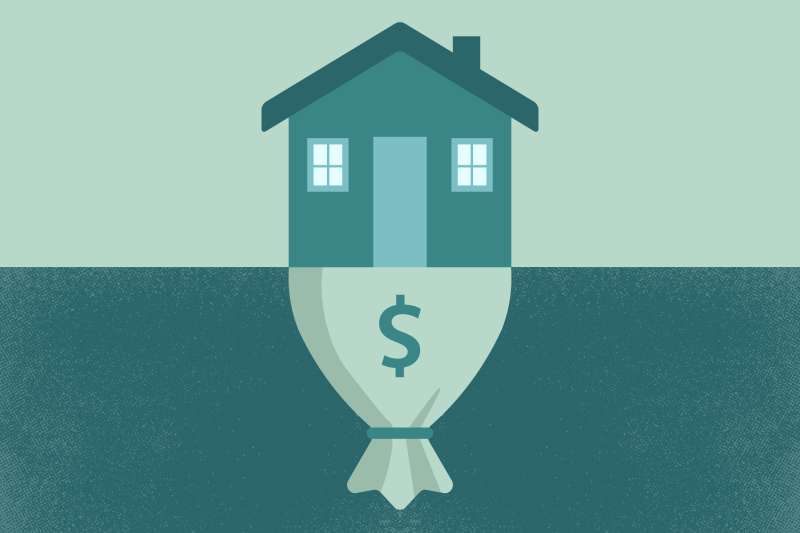A cash-out refinance you to access the equity in your property by paying off your existing mortgage and replacing it with a greater mortgage amount.

A cash-out refinance an option to explore if you wish to access your home equity.
Cash-out refinancing allows you to take out a new mortgage for a higher amount than you owe on your current one and keep the difference in cash. The amount you may be eligible for is determined in part by the amount of equity you have in your house.
You may use the funds to make home upgrades, consolidate high-interest loans, or meet other urgent requirements, but a cash-out refi isn’t always the best decision.
We’ll go through how a cash-out refinance works when it might be a good option, and what alternatives you should explore.
What is the process of a cash-out refinance?
A regular mortgage refinances, and a cash-out refinance include taking out a new loan to pay down your current mortgage. A classic refinance involves borrowing roughly the same amount you already owe and attempting to obtain a lower interest rate, a different term, or both.
With a cash-out refi, your interest rate and term may vary, but the aim is to borrow more than you now owe and utilize the extra cash for anything else.
If you merely want to lower your interest rate, a regular refi may be a better alternative than a cash-out refi because the rates are typically cheaper.
“If you were already intending to refinance your house loan and you’ve built up equity in the home, a cash-out can be a wonderful alternative,” says Andy Taylor, GM of Mortgage at Credit Karma. “It’s effectively taking out a second, larger loan to pay off your initial mortgage and then using the extra money borrowed for cash in hand.”
In most cases, the maximum is 80 percent of the loan-to-value ratio or LTV. So, for example, if your home is worth $100,000, you may only be able to borrow $80,000 in total.
In most cases, you’ll need to have your house appraised to qualify for a cash-out refinance. Because it establishes the home’s worth for the loan-to-value ratio, the appraisal value may have an impact on how much money you can borrow.
Is it a good idea to refinance for cash?
After paying off the initial mortgage and any related costs, there are normally no restrictions on how you can utilize the funds from a cash-out refinance. But think carefully about how you intend to spend it.
“People may come to regret spending the money on a luxury,” says Rebekah Tardieu, a mortgage loan originator with Cardinal Financial Company in Melville, New York. “Try to use the money to put yourself in a better financial position,” she advises.
Are you looking to refinance your mortgage? Rates Comparison
The Benefits of a Cash-Out Refinance
If you’ve built up equity in your house, it stands to reason that you’d want to use it to attain another financial goal. So here are some scenarios in which you should consider a cash-out refinance.
Consolidate your high-interest debts — Consolidating high-interest debt, such as credit card debt and personal loans, could be a practical use of a cash-out refi. There is also the possibility of a tax benefit, as mortgage interest may be deductible, although interest on personal loans, credit cards, and auto loans are frequently not. However, make careful to consider the entire financing costs, not simply the interest rate. In addition, a cash-out refi may not always make financial sense due to closing costs and the opportunity for a longer term.
Funding for higher education: If you have a college-aged child, a cash-out refi may be a better option than private student loans, which may have a higher interest rate.
